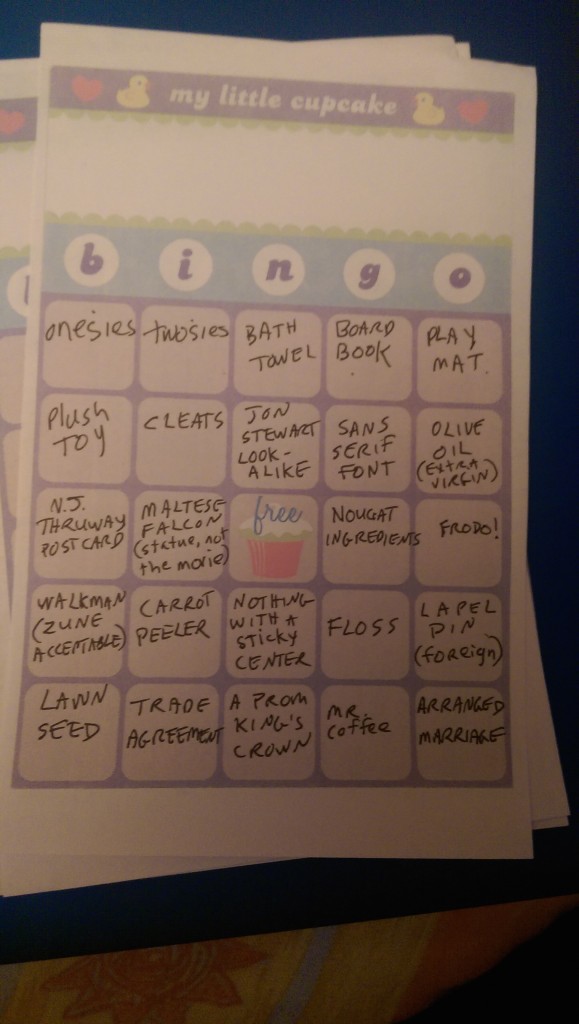August 22, 2016
Why do so many baby words start with B?
What’s wrong with English? So many of the words for things in a baby’s environment start with B so when she says “buh,” — or, as our grandchild prefers, “bep” — you don’t know if she is talking about a banana, bunny, boat, bread, bath, bubble, ball, bum, burp, bird, belly, or bathysphere.
This is not how you design a language for easy learning. You don’t hear soldiers speaking into their walkie talkies about being at position “Buh buh buh buh.” No, they say something like, “Bravo Victor Mike November.” Those words were picked precisely because they are so hard to mistake for one another. Now that’s how you design a language! (It’s also possible that research at Harvard during WWII that led to the development of the NATO phonetic alphabet influenced the development of Information Theory what with that theory’s differentiating of signal from noise.)
This problem in English probably helps explain why we spend so much time teaching our children how to say animal sounds: animals have the common sense not to sound like one another. That may also be why some of the sounds we teach our children have little to do with the noises animals actually make: Dogs don’t actually say “Woof,” but that sound is hard to confused with the threadbare imitation we can manage of the sound a tiger makes.
Being a baby is tough. You’ve got little flabby fingers that can’t do anything you want except hold onto a measly Cheerio and even then they can’t tell the difference between your mouth and your nose. Plus you can’t get anywhere except by hitching a ride with an adult whose path is as senseless as a three-legged drunk’s. Then when you want nothing more than a bite of buttery brie, the stupid freaking adult brings you a big blue blanket and then gets annoyed when you kick it off.
The least we could do for our babies is give them some words that don’t sound like every other word they care about.









